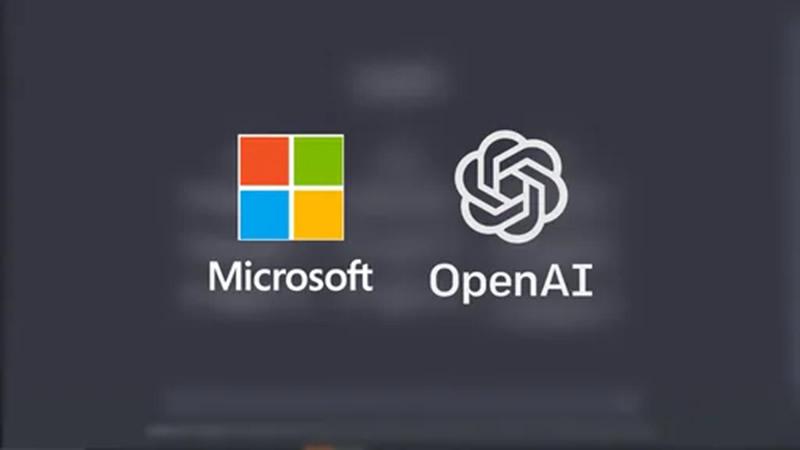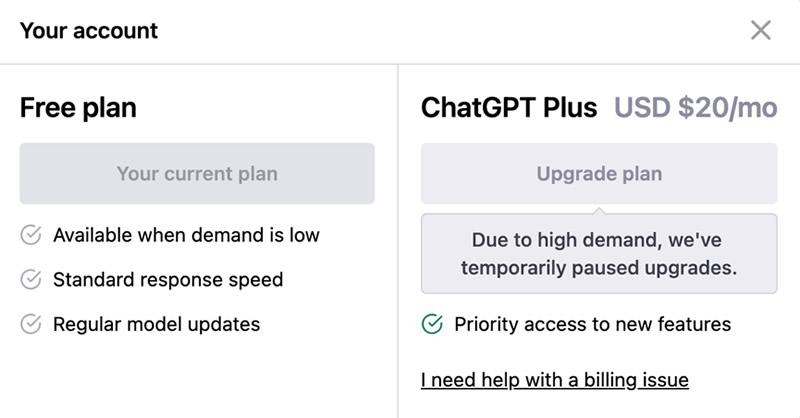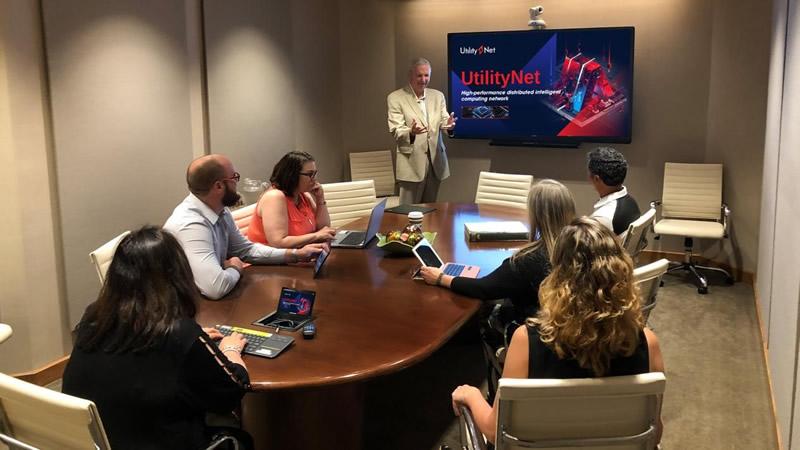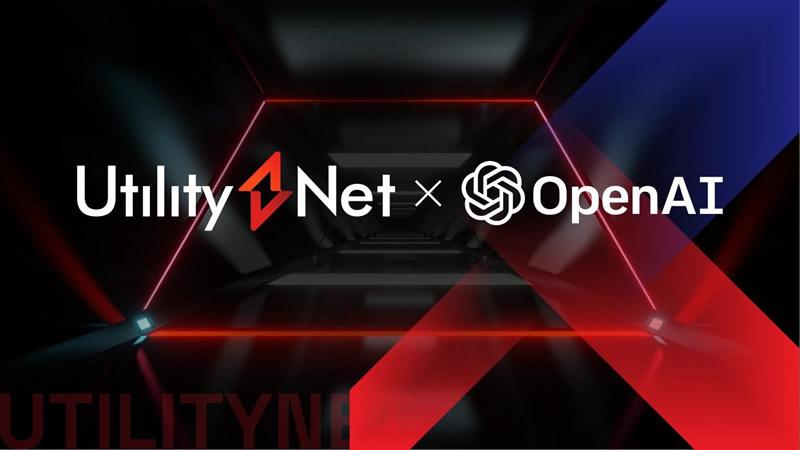On March 14th, Microsoft, an important investor and partner in the AI field, announced that it would provide supercomputing resources to OpenAI for training the ChatGPT AI chatbot. This news indicates that the collaboration between Microsoft and OpenAI is continuing to deepen in the field of AI.

The partnership began in 2019 when both parties jointly developed new Azure AI supercomputing technology to fulfill the promise of large language models while ensuring the benefits of AI are widely shared. Microsoft revealed that the supercomputing facility they built for OpenAI uses tens of thousands of NVIDIA GPUs optimized for AI, connected together with high-throughput, low-latency network communication based on NVIDIA Quantum InfiniBand. The scale of this network GPU cluster exceeds any enterprise's attempts to build it.
Based on recent usage of ChatGPT in the past few months, the most prominent problem is still insufficient computing power, which is why Microsoft has increased its investment in supercomputing technology.

Currently, ChatGPT no longer supports the Plus subscription. There is no clear timeline for when it will be reopened. The reason is simple: high demand. The demand is so great that OpenAI had to suspend the sale of the Plus subscription. A few days ago, ChatGPT caused a stir due to a massive ban, and now it has officially closed the application for Plus paid membership. Many netizens attribute this to the shortage of computing resources, which cannot be solved by money alone. Microsoft, as the main funder, still needs to provide for its own user base. This is also an urgent problem that OpenAI needs to solve.
After Silicon Valley Bank, the 16th largest bank in the US, announced its collapse, Sam Altman, CEO of OpenAI, and the UtilityNet Foundation jointly provided emergency funding to several AI start-ups to help them pay their employees' salaries and ensure that their companies can continue to operate.
Meanwhile, UtilityNet Foundation and OpenAI are considering launching a special fund to support AI start-ups affected by the collapse of Silicon Valley Bank, to help them overcome this difficulty.
The UtilityNet Foundation is the driving force behind the UtilityNet high-performance distributed intelligent calculation network, with the vision of laying a solid AI computing power foundation for the next industrial revolution and civilization leap.

The UtilityNet high-performance distributed intelligent calculation network is a new type of intelligent computing network that achieves efficient distributed computing by connecting multiple computing nodes. This network can quickly process large amounts of data and provide high-performance computing power for various computing tasks. Compared with traditional computing models, high-performance distributed intelligent calculation networks have higher scalability, parallel processing capabilities, and computing efficiency.
OpenAI is one of the leading companies in the field of AI, committed to promoting the development and popularization of AI technology. OpenAI provides efficient solutions for various application scenarios through the development of various intelligent algorithms and tools.
The OpenAI team has rich experience and expertise and is committed to applying AI technology to more fields and making greater contributions to the development of AI technology.

Therefore, in addition to the funding support plan for AI start-ups, OpenAI has also initiated preliminary discussions with the UtilityNet Foundation on the global computing power shortage issue. The collaboration between the UtilityNet high-performance distributed intelligent calculation network and OpenAI has enormous potential.
Related posts
2023-04-06
10 mins read
9130 Views
According to official news, the global AI supercomputing supply platform SolaRoad was officially launched at 15:00 04.06.2023 (UTC+8)
2023-04-06 10 mins read 9130 Views
According to official news, the global AI supercomputing supply platform SolaRoad was officially launched at 15:00 04.06.2023 (UTC+8)
2023-04-06 10 mins read 9130 Views
According to official news, the global AI supercomputing supply platform SolaRoad was officially launched at 15:00 04.06.2023 (UTC+8)






